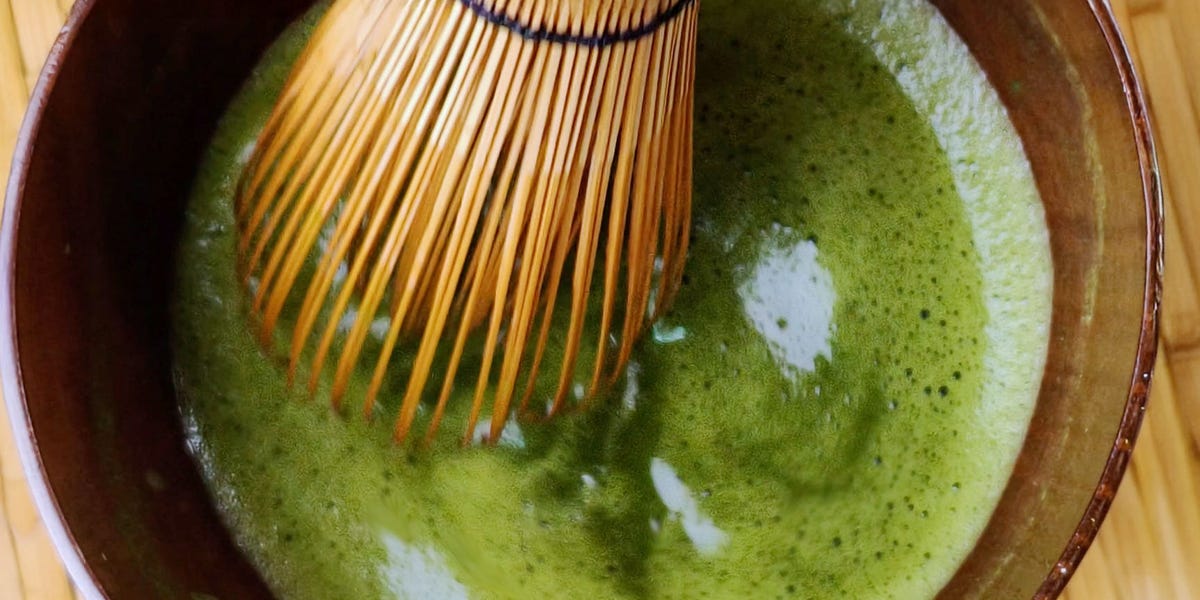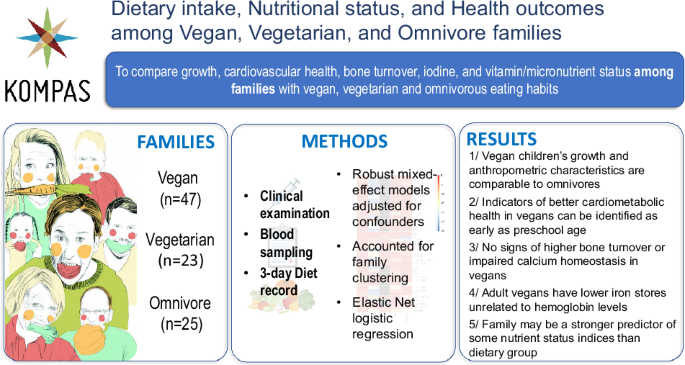Summary
Matcha has become one of the most sought-after teas in the world, with the US now importing over 2,000 tons from Japan a year.
As more Western consumers demand ceremonial-grade matcha the highest-quality and most expensive kind Japanese farmers are struggling to keep up. Extreme weather, aging …
Source: Business Insider

AI News Q&A (Free Content)
Q1: What historical and cultural significance does matcha hold in Japan?
A1: Matcha has deep roots in Japanese culture, originating during the Muromachi period in the 16th century. It is integral to the traditional Japanese tea ceremony, known as chanoyu or sadō, which emphasizes mindfulness and spirituality through the preparation and consumption of matcha. This ceremonial practice has made matcha a symbol of Japanese heritage and cultural expression.
Q2: How has the increasing demand for ceremonial-grade matcha in Western countries impacted Japanese tea farmers?
A2: The surge in demand for high-quality ceremonial-grade matcha from Western consumers, particularly in the US, has put significant pressure on Japanese farmers. Factors such as extreme weather and an aging farming population exacerbate the challenge of meeting this demand, as the production of ceremonial-grade matcha requires meticulous cultivation techniques and labor-intensive processes.
Q3: What innovations in agriculture are being adopted to sustain the matcha industry?
A3: To sustain the matcha industry amid rising demand, Japanese farmers are exploring innovations such as precision agriculture and sustainable farming practices. These innovations include utilizing technology for better crop monitoring and adopting environmentally friendly methods to enhance yield and quality while reducing the environmental impact.
Q4: What are the health benefits of matcha identified in recent scientific studies?
A4: Recent scientific studies have highlighted several health benefits of matcha, including its potential to improve cognition and sleep quality. The bioactive compounds in matcha, such as epigallocatechin gallate (EGCG) and L-theanine, have been associated with neuroprotective benefits and may contribute to reduced symptoms of mood disorders like depression and anxiety.
Q5: How does the preparation of matcha differ from other forms of green tea?
A5: Matcha is distinct from other green teas due to its unique preparation process. The tea leaves are shade-grown, which enhances the production of chlorophyll and amino acids, resulting in a vibrant green color and rich umami flavor. After harvesting, the leaves are stone-ground into a fine powder, which is then whisked with hot water to create a frothy beverage.
Q6: What economic impacts could arise from the strain on the matcha supply chain due to rising global demand?
A6: The strain on the matcha supply chain could lead to economic impacts such as increased prices for ceremonial-grade matcha due to limited supply. This could also prompt investments in agricultural innovations and infrastructure in Japan to boost production capacity. However, the economic benefits must balance with sustainable practices to ensure long-term viability of the industry.
Q7: What future research directions are suggested for understanding the full potential of matcha's health benefits?
A7: Future research on matcha's health benefits should focus on large-scale, high-quality clinical trials to confirm its cognitive and neuroprotective effects. Understanding the precise mechanisms through which matcha compounds affect mood and brain health could lead to targeted therapeutic applications, enhancing its role in preventive healthcare.
References:
- Matcha
- MAtCha Gaussians: Atlas of Charts for High-Quality Geometry and Photorealism From Sparse Views
- Natural Products in Alzheimer's Disease: A Systematic Review of Clinical Trials and Underlying Molecular Mechanisms.
- The Impact of Green Tea and Its Bioactive Compounds on Mood Disorder Symptomology and Brain Derived Neurotrophic Factor: A Systematic Review of Randomized Controlled Trials.





